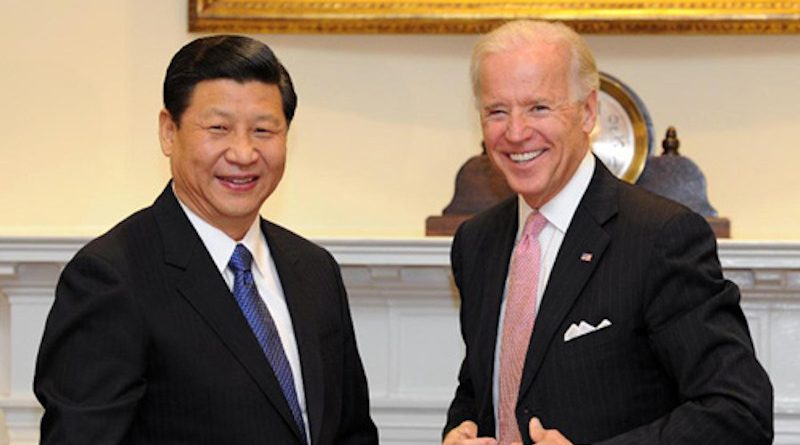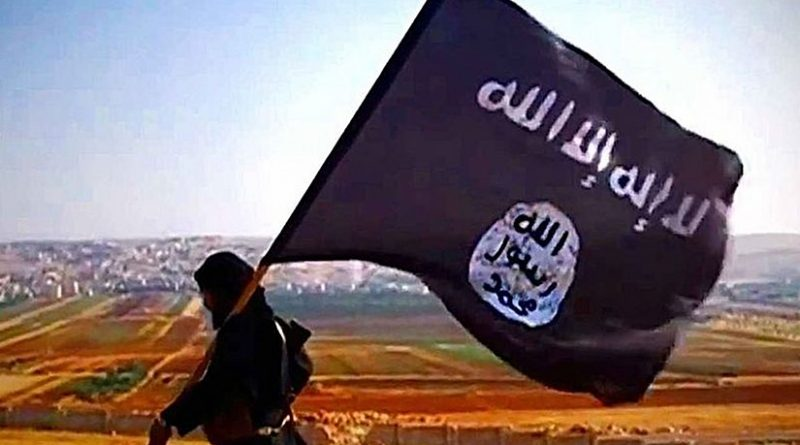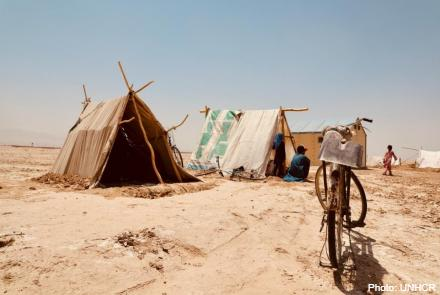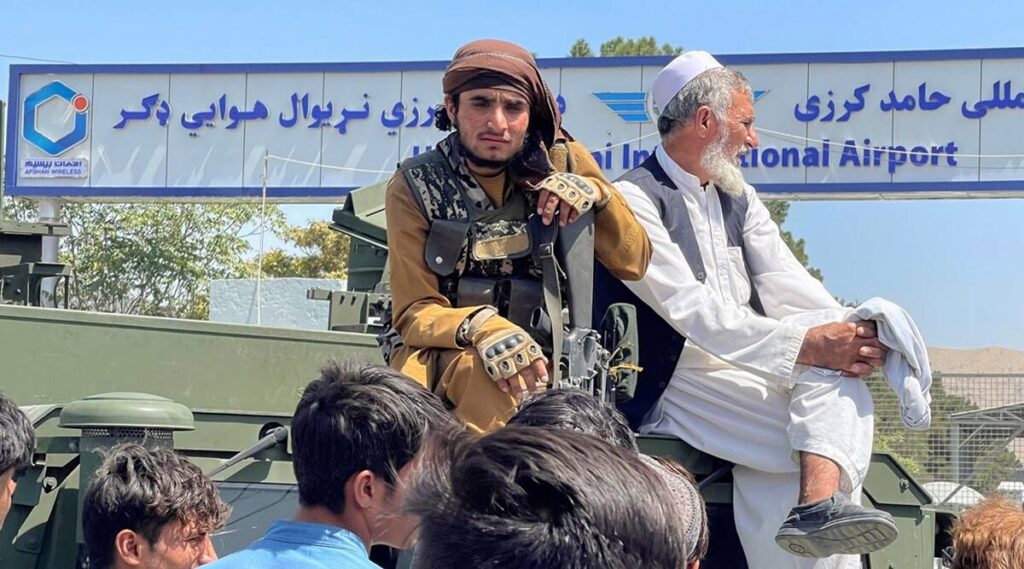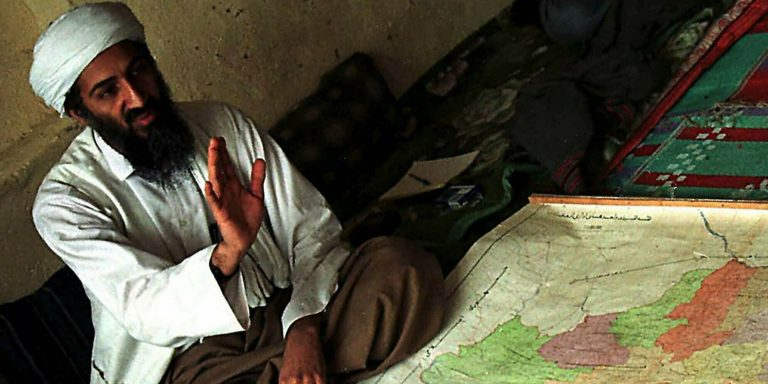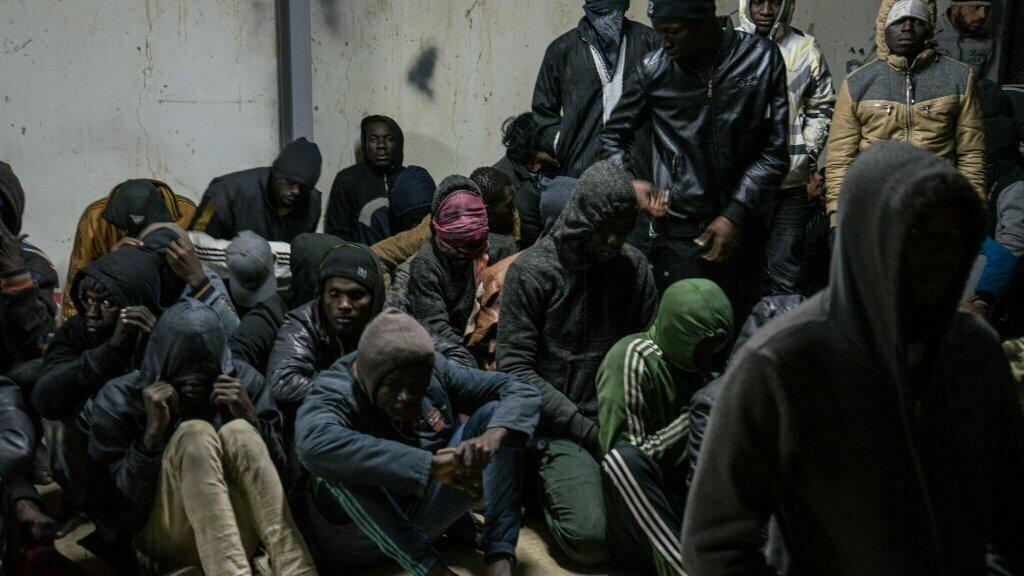Top anti-Taliban rebel pins his hopes on France

Massoud’s father may be a household name, but that’s no guarantee Macron will arm guerrillas in the Panjshir Valley.
America may have abandoned Afghanistan, but the most prominent anti-Taliban rebel in the country is pinning his hopes on support from France.
For Ahmad Massoud, France is the most natural place to turn as he tries to marshal a resistance army in the Panjshir Valley north of Kabul. After all, his father, Ahmad Shah Massoud, the “Lion of the Panjshir” is close to a household name in France and lives on (after his assassination in 2001) as the country’s epitome of a freedom fighter thanks to his battles against the Soviets and Taliban in the 1980s and 1990s.


